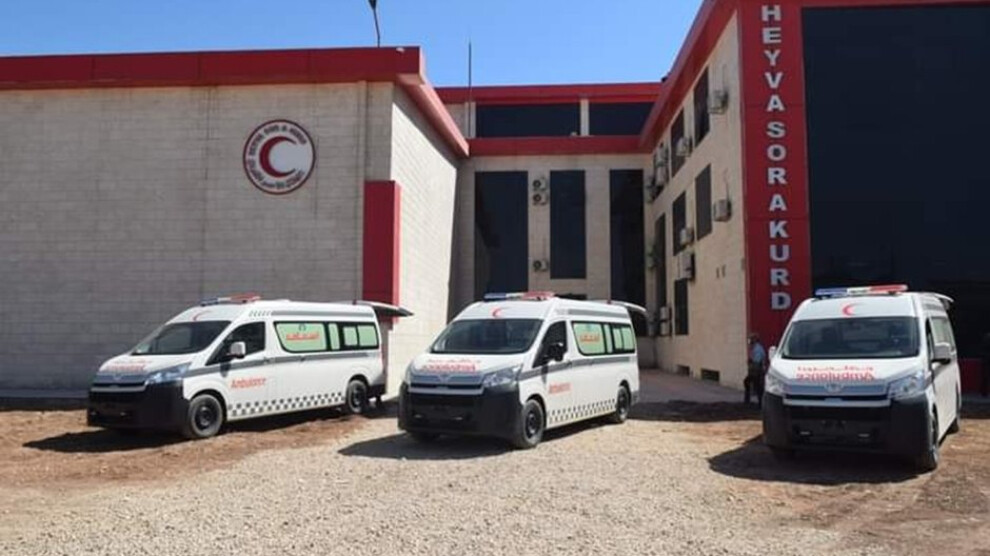Cholera outbreak in Northern and Eastern Syria continues to spread
Health authorities confirmed that the cholera outbreak in Northern and Eastern Syria has continued to spread.
Health authorities confirmed that the cholera outbreak in Northern and Eastern Syria has continued to spread.

The cholera outbreak in Northern and Eastern Syria has continued to spread, according to the health authorities of the region.
There have been 5,900 suspected cases, 98 confirmed cases, 36 deaths so far. Testing capacity is limited. Therefore, cases are under-reported, said the health authorities.
According to RIC (Rojava Information Centre), in Raqqa, the Health Committee states it has taken measures such as designating a specific medical center for treatment and distributing awareness-raising brochures, yet says it lacks equipment to carry out proper testing, thus is reliant on 2 private sector labs.
In Deir ez-Zor, Health Committee co-chair Muhammad al-Salem said, "lack of humanitarian aid and capabilities such as medicines and medical supplies, impede rapid treatment." Rapid treatment greatly reduces the likelihood that contraction of the illness will lead to death.
Infections have recently been announced for the first time in SNA-occupied Afrin as well as IDP camps in Idlib.
Actors outside the Autonomous Administration have offered support, but this is unlikely to remedy the root causes of the outbreak: Contamination in the Euphrates due to sewage discharge and the low levels of the river since Turkey greatly restricted flow in January 2021; Water from Alouk station is cut off by Turkish-backed SNA, whilst an estimated more than 200 water treatment plants are out of action due to low water levels in the Euphrates, meaning delivery of clean water across NES is hampered; Many people therefore use untreated Euphrates water for drinking/irrigating, with no other options in situations of acute water shortage.
UNICEF claims that it "continues to invest in preventive measures and scale up a rapid response to curb the spread of the disease and limit its negative impacts", whilst a French government delegation has visited Kurdish Red Crescent to give new medical supplies and 3 ambulances.